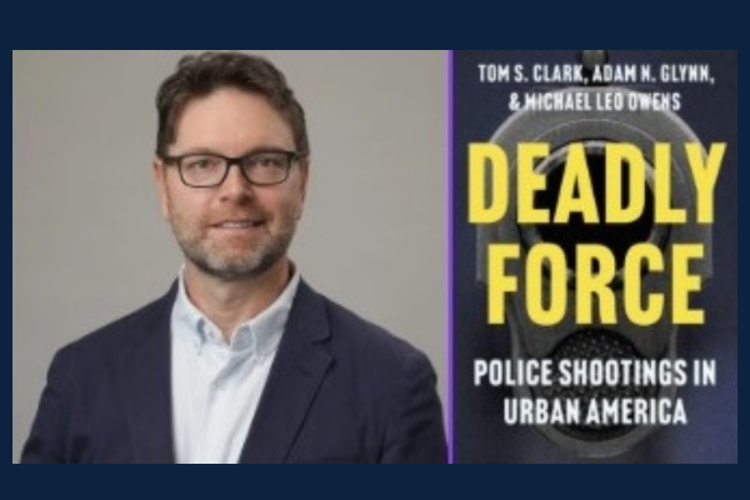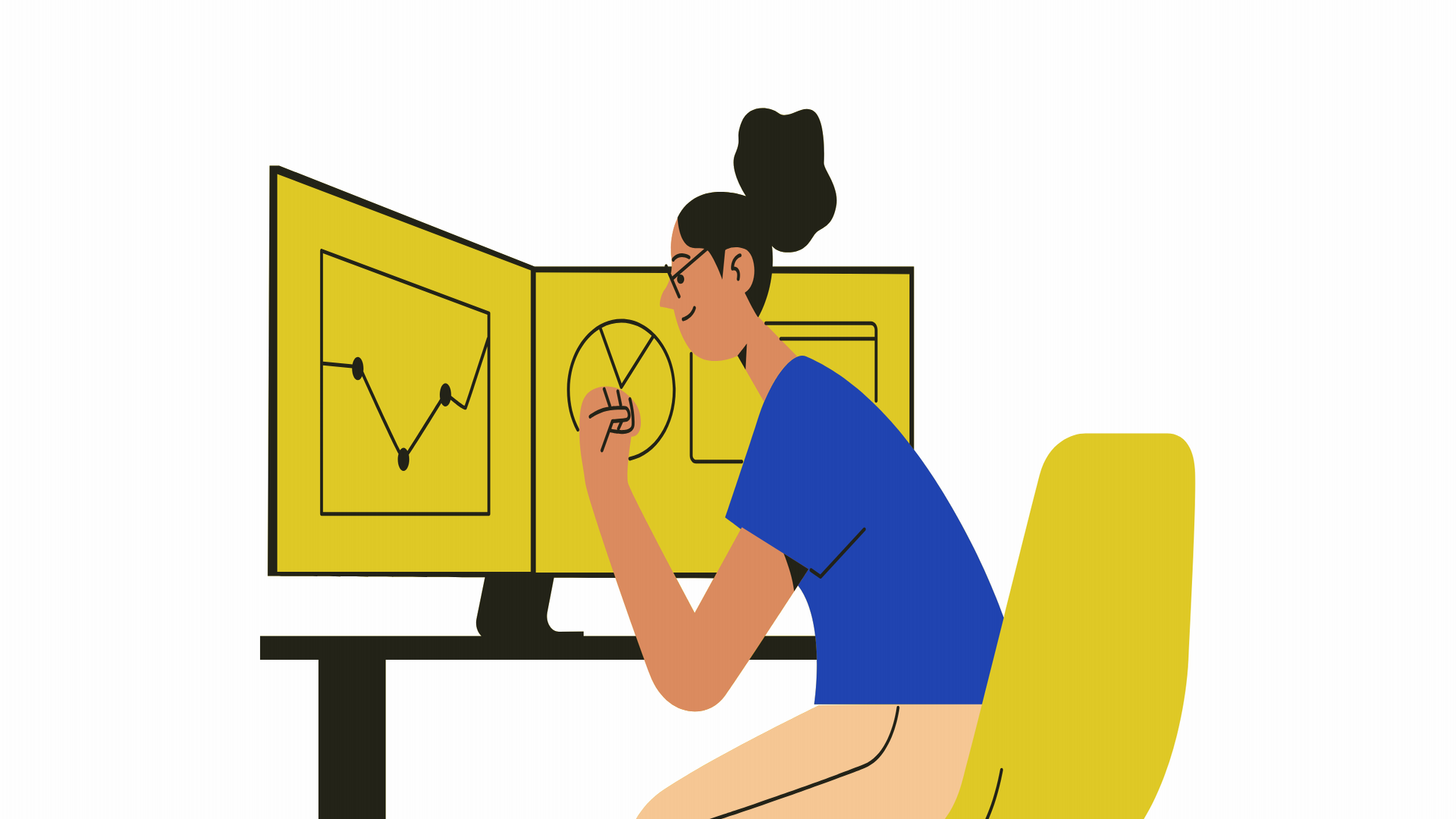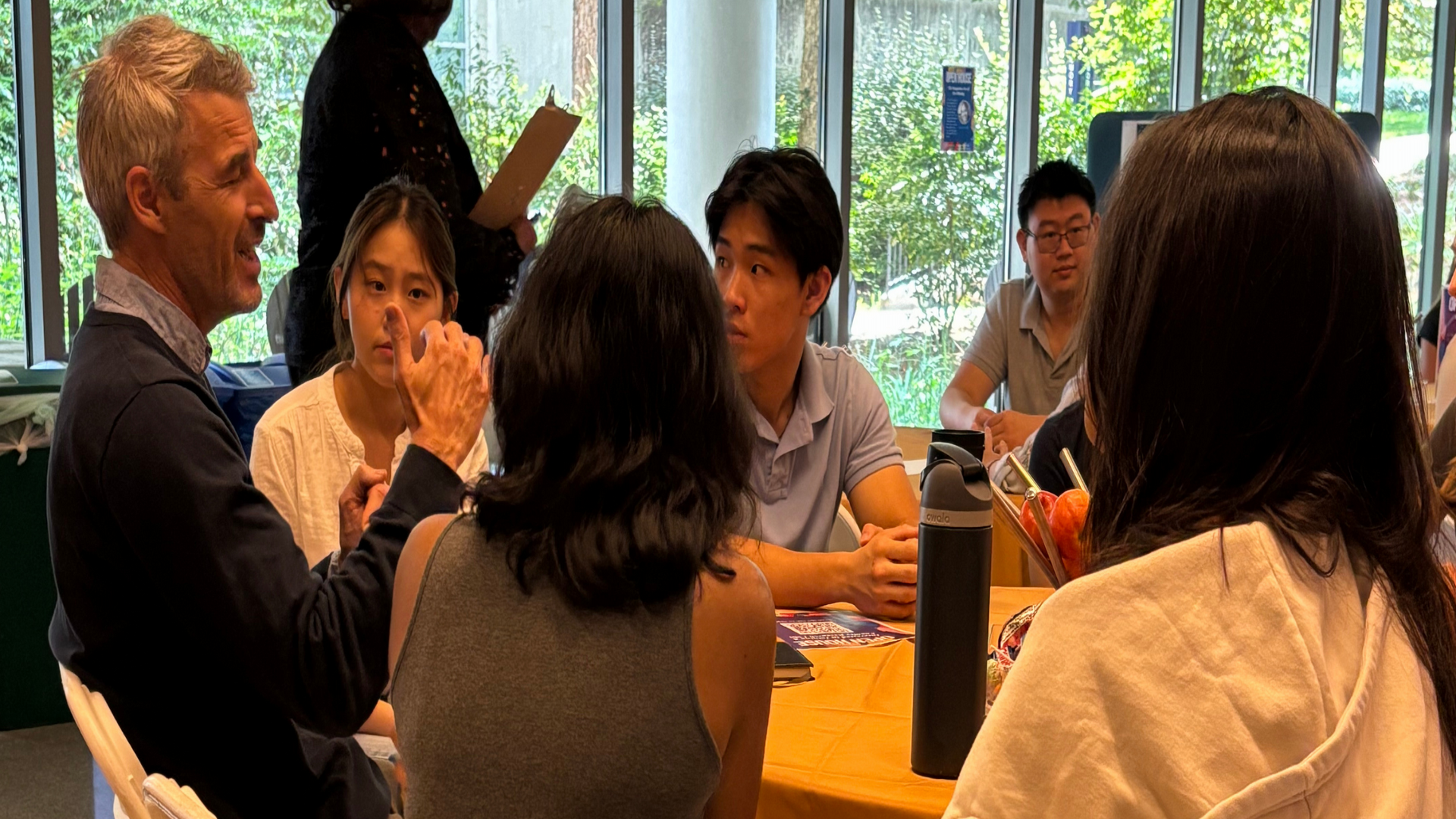Leaders in Data and AI
At 𝔻Sci we:
- Ask the right questions
- Think ethically
- Create and deploy technologies critically
- Communicate with impact
Whatever the specialty.
We focus on developing future leaders who can apply these skills across diverse fields. We call these Decision Leaders. Learn more about our mission.
Upcoming Events
Latest News

Scott Parent - Emory 40 Under 40
Congratulations to Scott Parent (13Ox, 15C), DSci Advisory Board member, who was recently named one of Emory's 40 Under 40 Alumni.

New Book by Dr. Adam Glynn
Congratulations to DSci Professor Adam Glynn on his new book Deadly Force: Police Shootings in Urban America. The book, published in June of 2025, was co-written with Michael Leo Owens (Emory Political Science) and Tom S. Clark (Stanford). Research was funded by the National Science Foundation.

Dr. Weihua An Elected to ASA Chair Position
Prof. Weihua An is elected Chair of the American Sociological Association Methodology Section. He will be Chair-Elect for 2025-2027 and then the section Chair during 2027-2029.



